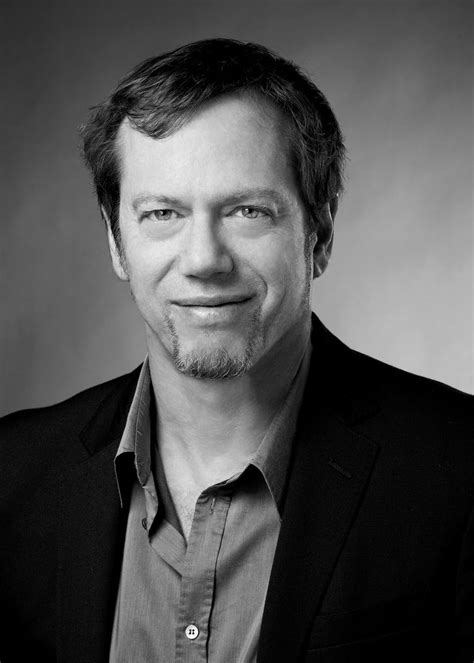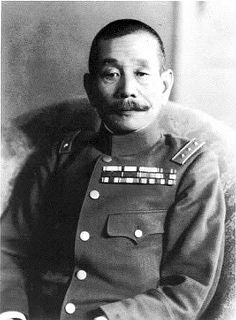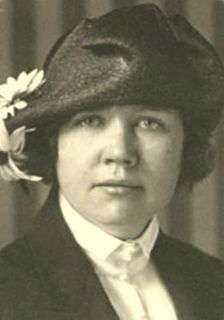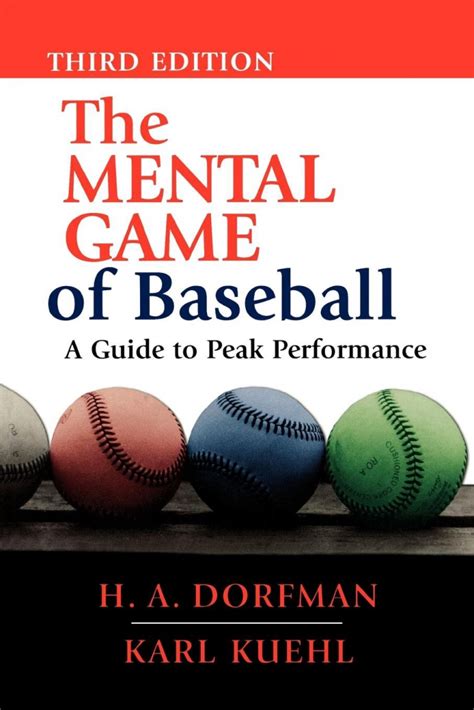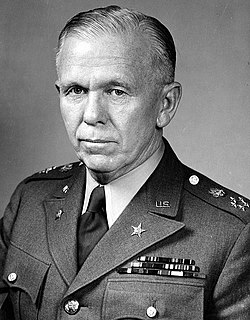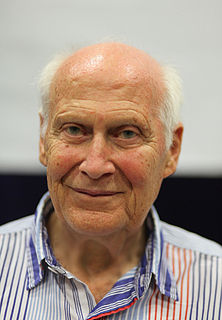A Quote by Phyllis Bottome
Morale is not a single instinct. It has many ingredients. A sense of personal responsibility, the natural courage of an individual, the amount of his acquired self-discipline -- and above all his interest in others -- these together make up the spirit of morale.
Related Quotes
But the main point is that soldiers, after fighting for some time, are apt to be like burned-out cinders. They have shot off their ammunition, their numbers have been diminished, their strength and their morale are drained, and possibly their courage has vanished as well. As an organic whole, quite apart from their loss in numbers, they are far from being what they were before the action; and thus the amount of reserves spent is an accurate measure on the loss of morale.
Self-discipline is the key to personal greatness. It is the magic quality that opens all doors for you, and makes everything else possible. With self-discipline, the average person can rise as far and as fast as his talents and intelligence can take him. But without self-discipline, a person with every blessing of background, education and opportunity will seldom rise above mediocrity.
Self-discipline is a form of freedom. Freedom from laziness and lethargy, freedom from the expectations and demands of others, freedom from weakness and fear-and doubt. Self-discipline allows a pitcher to feel his individuality, his inner strength, his talent. He is master of, rather than a slave to, his thoughts and emotions.
The individual man, in introspecting the fact of his own consciousness, also discovers the primordial natural fact of his freedom: his freedom to choose, his freedom to use or not use his reason about any given subject. In short, the natural fact of his "free will." He also discovers the natural fact of his mind's command over his body and its actions: that is, of his natural ownership over his self.
And I have yet to find one single individual who has attained conspicuous success in bringing down enemy aeroplanes who can be said to be spoiled either by his successes or by the generous congratulations of his comrades. If he were capable of being spoiled he would not have had the character to have won continuous victories, for the smallest amount of vanity is fatal in aeroplane fighting. Self-distrust rather is the quality to which many a pilot owes his protracted existence.
It is man's intrinsic and irreducible self-responsibility to humanize himself, to exercise his entire range of rational and moral resources to raise his mode of being and seeing and acting above not just that of animals, but also above that of the majority of subhuman (never to be self-realized) humans who will never draw themselves into a self-punishing position of focal self-diagnosis and self-accountability.
When the family has been brought into its natural order, the individual can leave it behind him while still feeling the strength of his family supporting him. Only when the connection to his family is acknowledged, and the person's responsibility seen clearly and then distributed, can the individual feel unburdened and go about his personal affairs without anything from the past weighing him down or holding him back.

